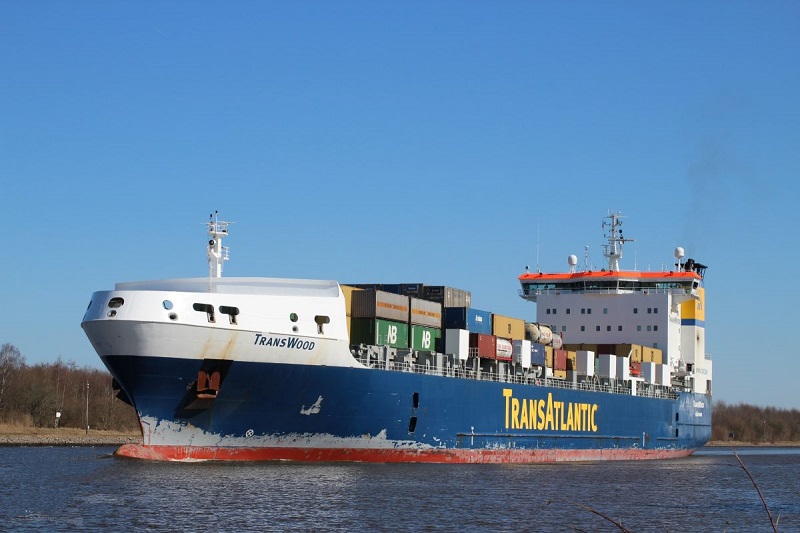Last week, at the Government continued negotiations for Brexit, the Freight Transport Association has said that they feel the logistics sector is one again being overlooked during planning to leave the European Union.
The Freight Transport Association, or the FTA works to represent over 16,000 businesses across a range of sectors in the freight and logistics sector. The trading association has said that Logistics is a central part of making sure that other areas of the economy say healthy, therefore it is vital that this industry is well catered for during the negotiations.
While to Government carries out discussions regarding trading relationships throughout the Brexit process as well as after the UK has left the European Union, the logistics industry needs to be involved in order to make sure that the UK is able to carry on trading in an effective and competitive manner.
A wide range of industries are reliant on the delivery of materials and supplies in order to keep trading. Some of the vital cargo is also time sensitive, and without this prompt and efficient delivery system, some businesses will be unable to trade in an effective manner. However if the logistics industry is not provided for in the Brexit negotiations, these vital supply chains and operations will be impacted and possibly cut off completely.
As part of this call to the government, the FTA are asking for five key areas to be addressed. The trading body has said that the customs systems and procedures need to be properly in place in order to cope with the extra declarations after Brexit. It has been estimated that there will be 300 million more declarations each year and the customs systems in place need to be able to cope with this. The FTA also feel that more time needs to be given for the sector to be able to adapt to the new systems that will be needed after the UK leave the EU. On top of this the equivalent procedures required after Brexit need to be fully implemented at all European Customs borders on order to prevent intra EU border delays. Next, the FTA feel that vehicle checks need to be prevented at ports and airports, therefore alternative locations and measures need to be adopted. Finally, the FTA feel that the transitional arrangements need to be able to cope with the round the clock operations of the industry, especially if the negotiations between the UK and the EU break down quickly or if the UK leave the Customs Union without a deal all together.












